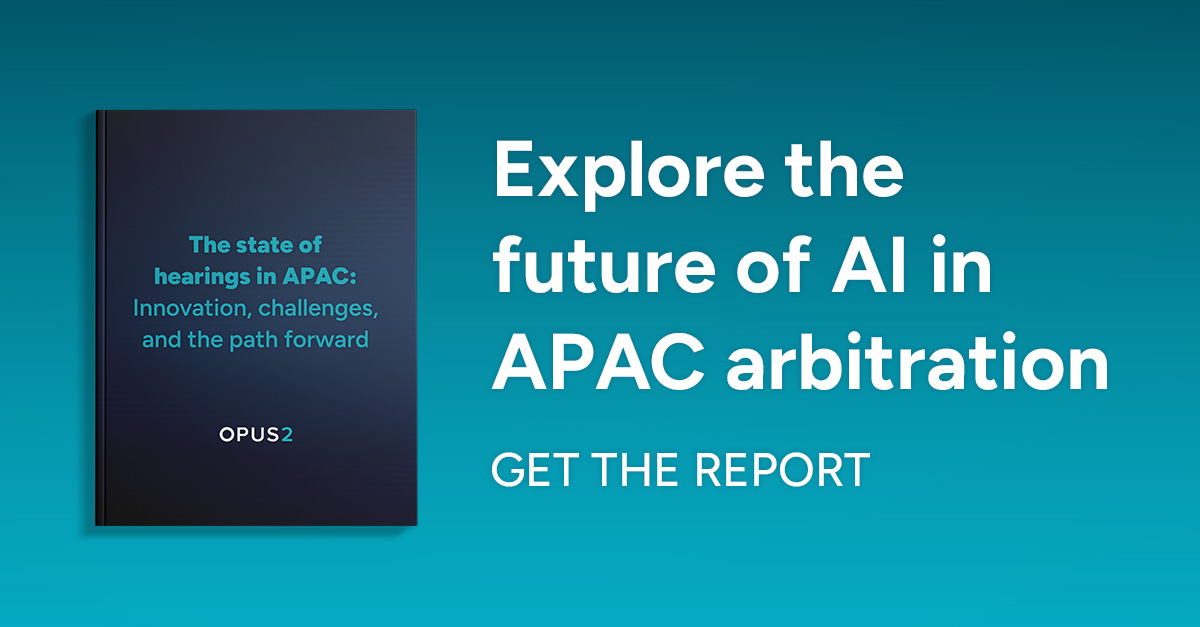The Law Commission of England and Wales will be conducting a review of the Arbitration Act 1996.
The Commission said that the Act helped the UK, and London particularly, to be a “leading destination for commercial arbitrations”.
The review therefore aims to ensure that the UK remains at “the forefront” of international dispute resolution, with the over-arching aim being to “maintain the attractiveness of England and Wales as a ‘destination’ for dispute resolution and the pre-eminence of English law as a choice of law”.
As the Act is now 25 years old, the Commission said that “reform may be required” to ensure it is as effective as possible, particularly as other jurisdictions have enacted more recent reforms to their own arbitration laws.
The scope of the review is yet to be determined, but areas that could be included are:
- the power to summarily dismiss unmeritorious claims or defenses in arbitration proceedings;
- the courts’ powers exercisable in support of arbitration proceedings;
- the procedure for challenging a jurisdiction award;
- the availability of appeals on points of law;
- the law concerning confidentiality and privacy in arbitration proceedings;
- electronic service of documents, electronic arbitration awards, and virtual hearings.
The review will be launched during the first quarter of 2022 and a consultation paper should be published in late 2022.
An inevitable shift towards virtual hearings?
The use of virtual hearings is an area that could form part of the Act’s review.
At Opus 2 we have certainly seen a shift to virtual hearings. This year, the vast majority (680+) of the hearings we supported were held virtually, using Opus 2 Hearings Solution.
Arbitral institutions adapted swiftly to the new reality of virtual hearings with the London Court of International Arbitration (LCIA), for example, including in its revised rules amended provisions to accommodate their use. Numerous guidelines, including the International Chamber of Commerce (ICC) guidance notes, the Hong Kong International Arbitration Centre (HKIAC) guidelines, and the Seoul Protocol, were drafted to provide assistance with this mode of hearings.
Virtual hearings have been described as the new norm by a number of arbitration practitioners and many argue that they are here to stay in one form or another. Some even argue that the pandemic accelerated an inevitable change.
Arbitration lists as its advantages flexibility, convenience, and effectiveness – all being parameters that can be improved with the use of virtual hearings. The speed with which arbitration and arbitral institutions made the move to virtual hearings shows exactly how adaptable arbitration proceedings can be.
Nadia Nicolaou, Subject Matter Expert – Litigation & Arbitration at Opus 2, commented:
“Let’s see how the Commission sees virtual hearings – will it embrace this arguably inevitable shift and how will it choose to do it. With the aim of the review being to ensure that the UK remains at ‘the forefront’ of international dispute resolution, I do not see how virtual hearings will not, at least, be considered by the Commission.”
Can we help?
Please let us know if you have any questions about anything mentioned in this article or if you would like to know more about our virtual hearings services.








